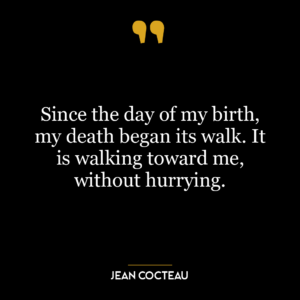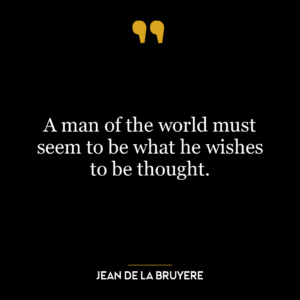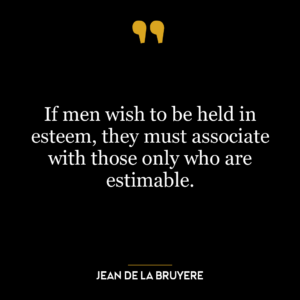The quote “Death is the wish of some, the relief of many, and the end of all” presents a multi-faceted view of death, highlighting its different implications for different individuals.
The phrase “the wish of some” refers to those who, due to various reasons such as chronic pain, severe depression, or a life of hardship, view death as a desirable escape. They may perceive it as a release from their suffering, a way to end their pain and misery.
“The relief of many” could be interpreted in two ways. Firstly, it could refer to those who are left behind after a loved one’s death, especially in cases where the deceased was suffering from a painful illness. The death, in this case, brings relief as the loved one is no longer in pain. Secondly, it could also refer to people who have been living under fear or oppression, for whom death might be seen as a liberation.
Lastly, “the end of all” is a universal truth. Regardless of one’s perspective on life or personal circumstances, death is the ultimate end that everyone must face. It is the great equalizer, reminding us of our shared mortality.
Applying this idea to today’s world or personal development, it encourages a deeper understanding and acceptance of death. In a society obsessed with youth and longevity, acknowledging death can be seen as a form of personal growth. It can help individuals live more intentionally, cherishing each moment and recognizing the inherent value of life.
Moreover, the quote’s emphasis on the different reactions to death can foster empathy and compassion. By understanding that people’s circumstances can lead them to view death differently, it can encourage more sensitive conversations around topics like euthanasia, mental health, and end-of-life care.
In essence, this quote invites us to confront our mortality, cultivate empathy for others’ experiences, and ultimately, embrace the full spectrum of life, including its inevitable end.



















